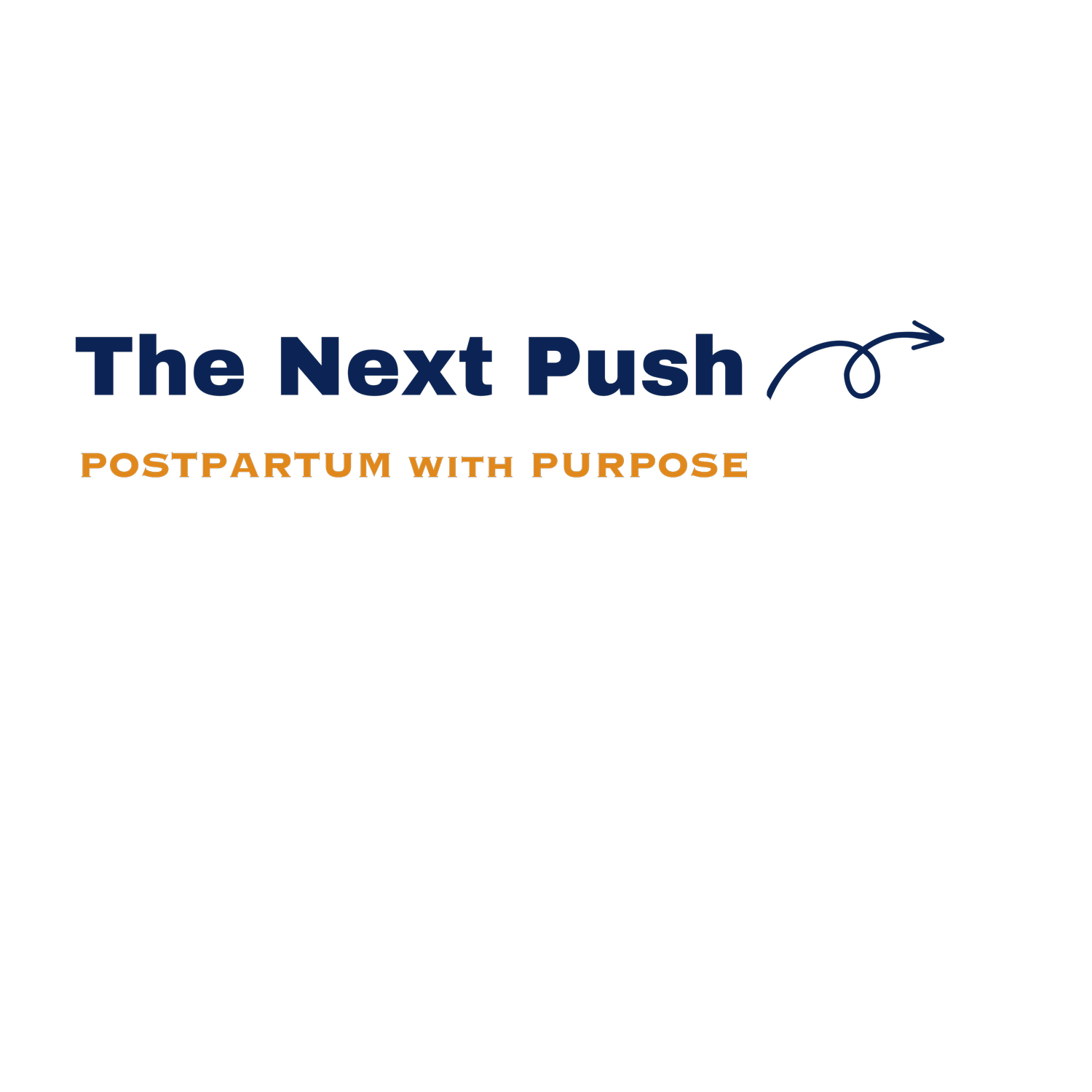Financial Planning
Estate Planning and Financial Planning for New Parents
Even if you’ve never been much of a finance person in the past, having a baby is an important time to plan for the future. And while it’s not the most fun to think of and plan for worst case scenarios, taking these steps is crucial to ensuring your child has financial security and is well cared for in the case of an accident or sudden death.
Create or Update Your Will
If you haven’t already drafted a will, now is a good time! Your will is basically a legal set of instructions where you may lay out where you assets would go, and name a guardian for your minor children in the event that you pass away. If you don’t have a will, a local court will make these decisions for you (and these decisions will depend on the state you live in).
If your situation is straightforward, writing a will can be simple, and you can do it yourself (there are some great online platforms you can use). Otherwise, enlisting help from an attorney can be helpful to make sure you understand the terms.
Buy Life Insurance and Disability Insurance
Another way to ensure your children will be cared for in the event that you or your partner pass away unexpectedly is to buy life insurance. Life insurance replaces your income for a period of time.
For young, healthy parents, term life insurance is a common choice. You may also want to add disability insurance.
Set up a 529 College Savings Account
The best time to set up savings accounts for your children is when they are young! This was you can maximize the benefits of compound interest. A 529 college savings account is a great place to start (see more info about these flexible tax-advantaged accounts).
You may also choose to set up an investment account, like a standard brokerage account for your child. When they are old enough to understand some of the basics of savings, you can also set up a savings account for them.
Update Beneficiaries on Your Accounts
Any time you have a major life event, like a marriage, divorce, or birth of a child, you’ll want to update your beneficiaries. The purpose of this is to ensure that — if you die — any applicable funds go directly to the people you name, rather than needing to go through probate. (Probate is the legal process for settling estates and can be lengthy, expensive and messy. You want to avoid this!). Places to update beneficiaries include retirement accounts and life insurance.
If your minor children are named as beneficiaries, you’ll need to choose a guardian or create a trust (and name a trustee) to manage the funds until they become adults. A trust allows you to avoid probate court and ensures that assets are distributed according to your wishes.
Create or Update your Household Budget
Children are great, but they aren’t cheap! If you use a budget, you’ll likely want to adjust to account for a variety of new expenses. Think about things like healthcare costs (from out-of-pocket costs to co-pays), nursery items and gear (strollers, car seats, cribs), childcare, toys/books, breastfeeding, formula, and eventual food, diapers, and clothes. And then keep in mind there will probably, unfortunately, be a LOT MORE.
Durable Power of Attorney and Living Will
While not directly related to your having a baby, these are important pieces of your estate plan. These documents lay out your wishes for end-of-life and give a trusted person the authority to make medical and/or financial decisions on your behalf.
What to do about credit?
Some parents also choose to add their children as authorized users to their credit cards to help build their credit over time by establishing longevity.
Other parents may choose to freeze their child’s credit - while they won’t be using it - to prevent identity theft and fraud. It is free to do this; you must contact the major credit reporting bureaus.


